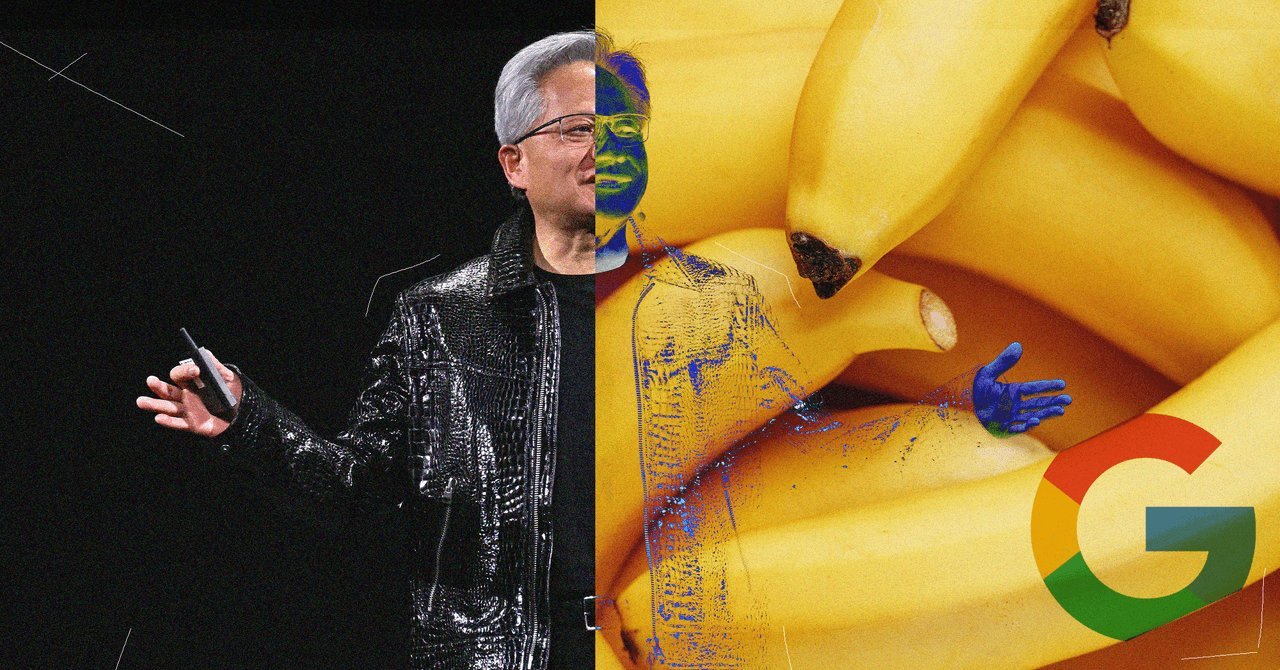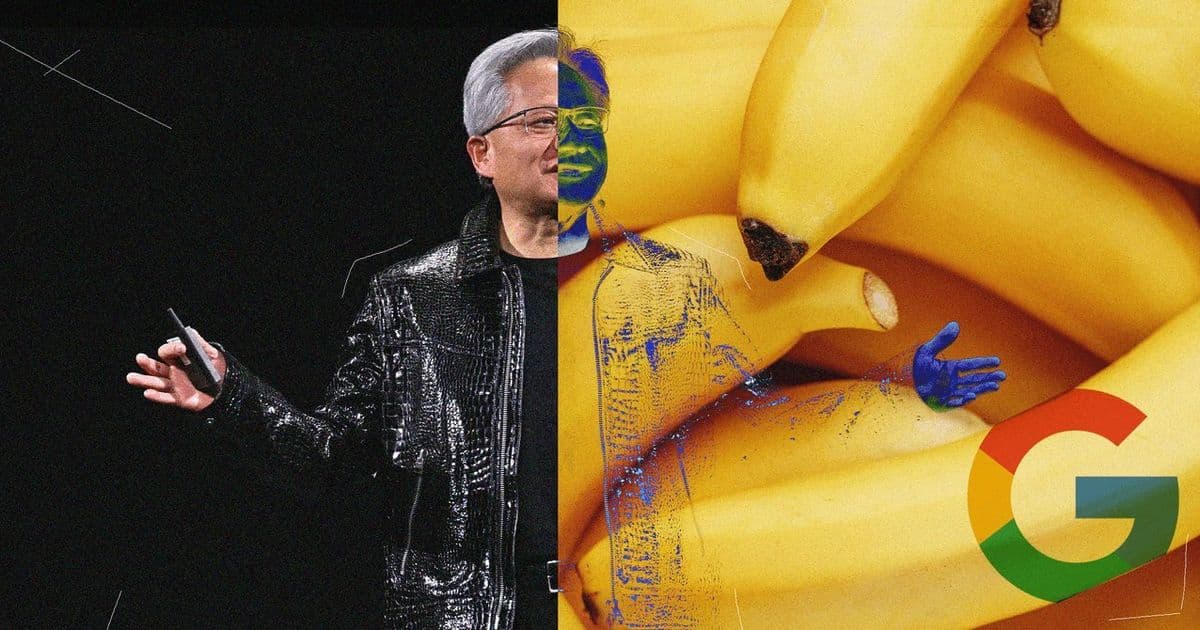Nvidia CEO Jensen Huang's unabashed enthusiasm for Google's Gemini Nano Banana image generator has driven a 300 million image spike, spotlighting AI's viral potential. In London, Huang also unveiled a $683 million investment in UK data centers and shared how AI tools like Gemini and ChatGPT enhance his daily workflow, advocating for universal AI accessibility.

Jensen Huang, the charismatic CEO of Nvidia, stood before a room of journalists in London this week, his energy palpable as he repeatedly championed an unlikely hero: Google's Gemini Nano Banana. "How could anyone not love Nano Banana? I mean Nano Banana, how good is that? Tell me it’s not true!" he exclaimed, met with silence before doubling down. "It’s so good. I was just talking to Demis [Hassabis, CEO of DeepMind] yesterday and I said ‘How about that Nano Banana! How good is that?’" This wasn't just showmanship—it was a testament to the explosive impact of an AI tool reshaping digital creativity.
Launched in August, Nano Banana allows users to make precise edits to AI-generated images while preserving intricate details like faces or background objects, addressing a common pain point in generative AI workflows. Its popularity isn't hype alone: Josh Woodward, VP of Google Labs and Google Gemini, reported on X that early September saw a staggering 300 million image surge for Gemini, largely fueled by Nano Banana's viral adoption. For developers and creatives, this signals a leap toward more intuitive, high-fidelity AI editing—tools that reduce friction in prototyping and content creation.
Huang's London visit wasn't solely about banana-themed endorsements. It anchored a broader push into UK AI infrastructure, with Nvidia announcing a $683 million equity investment in data center builder Nscale. This move, alongside commitments from OpenAI and Microsoft, positions the UK as a burgeoning AI epicenter. Huang, ever the optimist, argued the country is "too humble" about its potential, citing its legacy in innovations from the industrial revolution to DeepMind. "No one fries food better than you do," he quipped. "Your tea is good. You’re great. Come on!" Nscale, he projected, could generate over $68 billion in revenues within six years, a bet that underscores how AI-driven data centers are becoming critical backbone for global compute demands.
Beyond the boardroom, Huang offered a rare glimpse into his personal AI integration, revealing how tools like Gemini, Grok, Perplexity, and ChatGPT are indispensable to his routine. "I really like using an AI word processor because it remembers me and knows what I’m going to talk about," he shared. For technical tasks, he leans on Gemini; for artistic endeavors, Grok; for rapid research, Perplexity; and for daily use, ChatGPT. His method? Cross-examining outputs: "When I am doing something serious I will give the same prompt to all of them, and then I ask them to critique each other’s work. Then I take the best one." This approach highlights a pragmatic trend for professionals—using ensemble AI systems to boost productivity and decision-making, a strategy that could redefine developer toolkits.
Huang's fervor circles back to democratization. "AI should be for everyone," he insisted. "It’s not sensible that someone should be left behind on electricity or the internet of the next level of technology." With Nano Banana's accessibility exemplifying this vision—"who doesn’t know how to use Nano?"—the implication is clear: as AI tools simplify complex tasks, they could bridge skill gaps, empowering even non-experts to innovate. For the tech community, Huang's blend of investment zeal and personal evangelism marks a pivotal moment—where playful tools and heavyweight infrastructure converge to make AI not just powerful, but pervasive.
Source: Based on reporting from WIRED.

Comments
Please log in or register to join the discussion